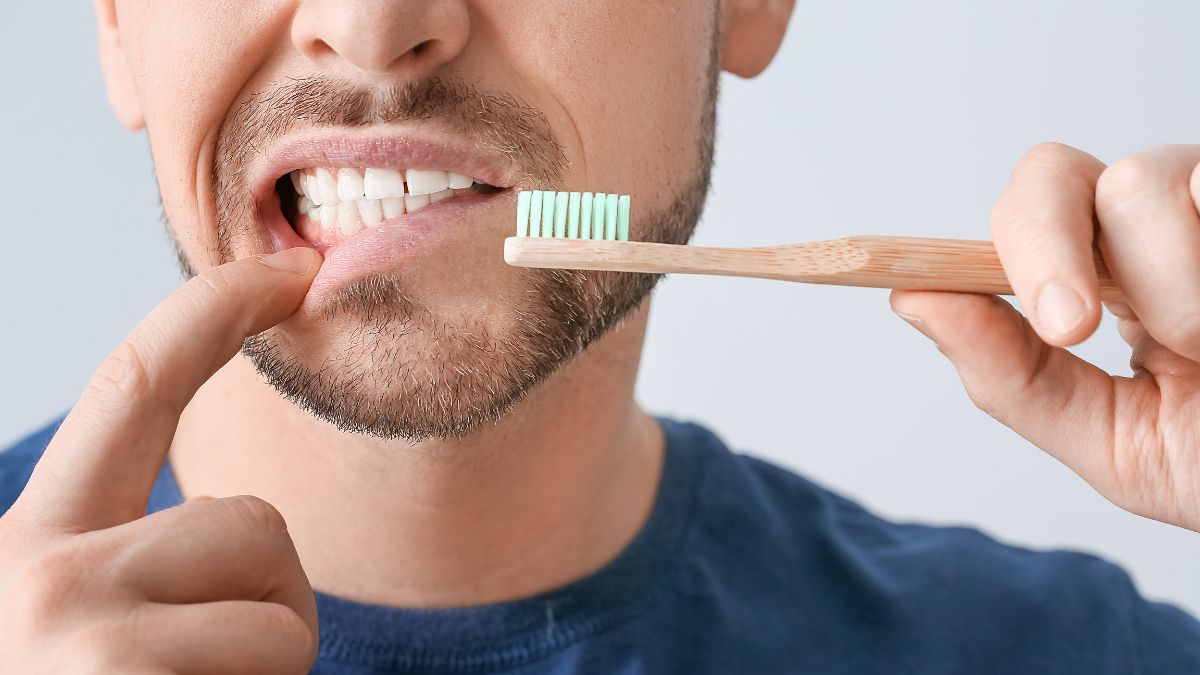
Home » Blog
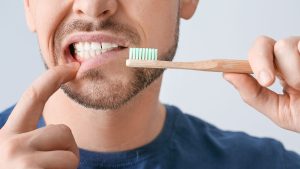
Wisdom teeth removal is a common oral surgery that many people undergo to prevent or resolve dental issues. Post-operative care

As we approach the close of the Financial Year 2024, it’s a moment for us, a closely-knit family dental practice,

Wisdom teeth removal is a common dental procedure that many individuals undergo during their lifetime. Whether you’re preparing for wisdom
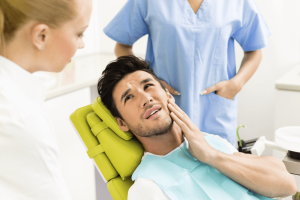
Wisdom teeth removal is a common dental procedure that can require a period of recovery to ensure optimal healing. During

Undergoing wisdom teeth removal can be a daunting experience for many. However, armed with the right strategies and tools, your
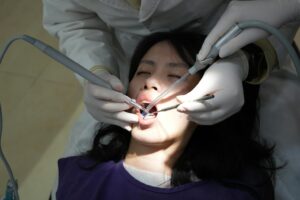
Wisdom teeth removal is a common dental procedure that many individuals undergo to alleviate pain, prevent complications, and maintain oral
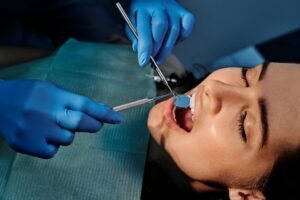
Wisdom teeth removal is a common dental procedure that can leave you feeling tender and in need of some extra

The prospect of wisdom teeth removal often evokes a mix of anxiety and curiosity. Unfortunately, misinformation and myths surrounding this
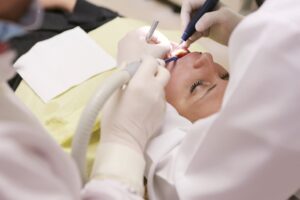
Undergoing wisdom teeth removal is a common dental procedure that, while necessary for many, often comes with a post-operative period
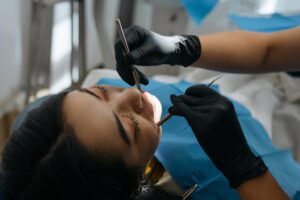
Undergoing wisdom teeth removal is a routine dental procedure, but the recovery phase demands careful attention to ensure a smooth
